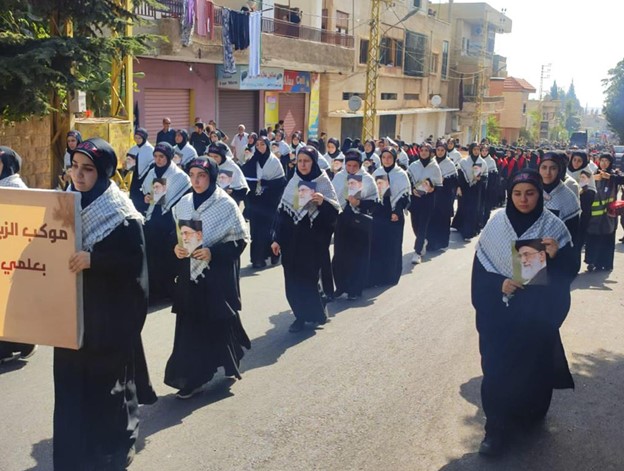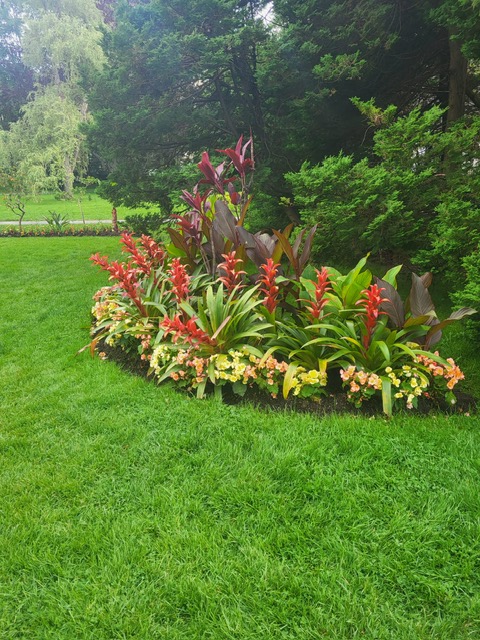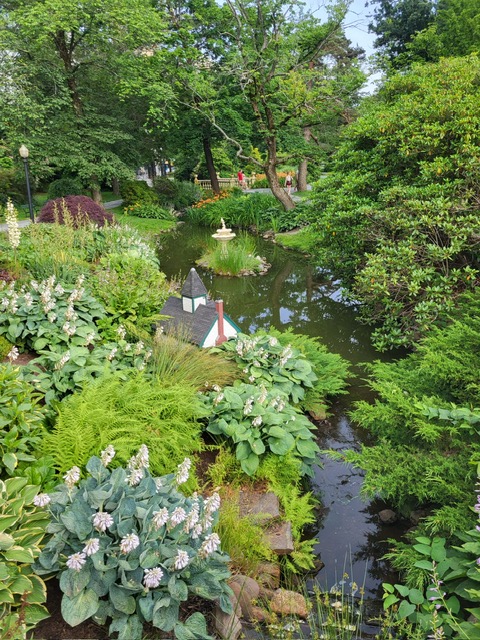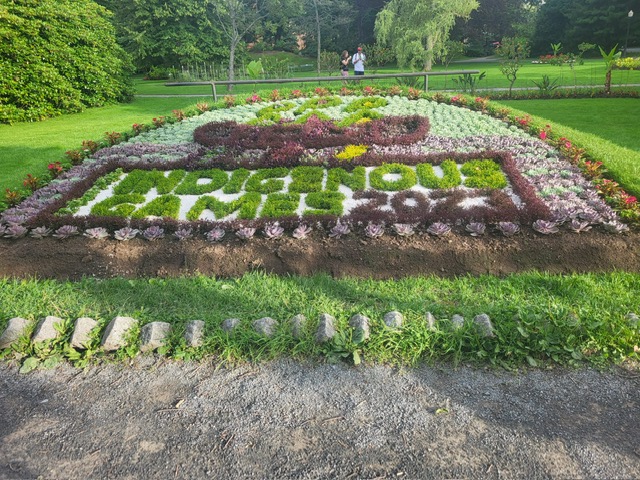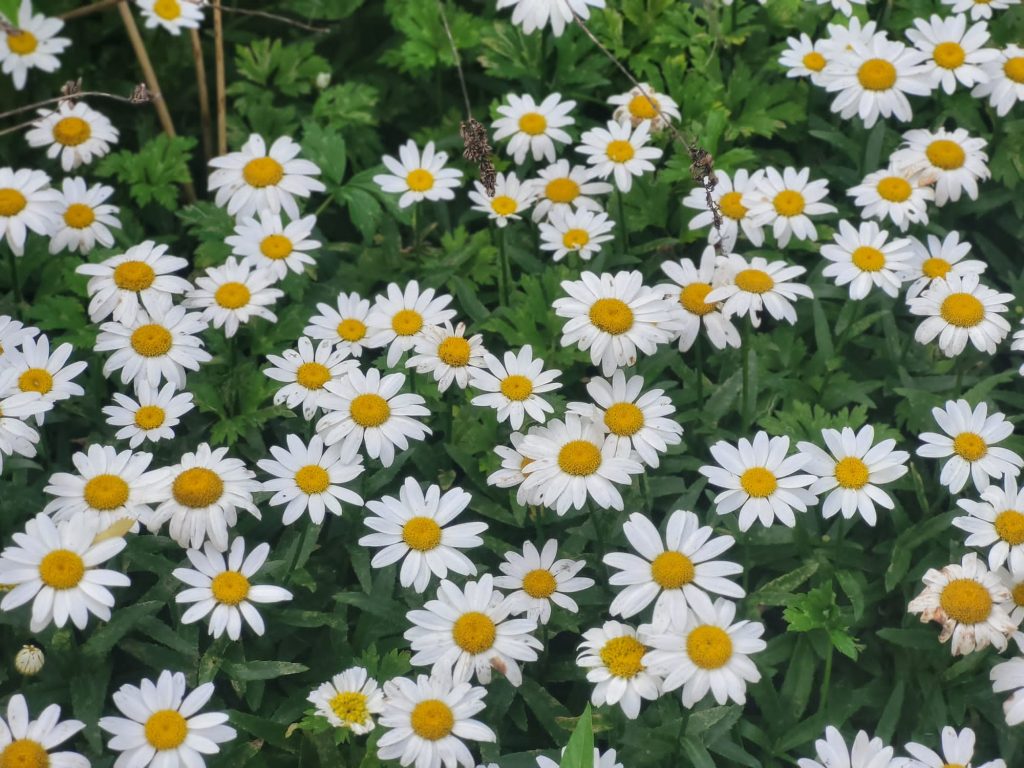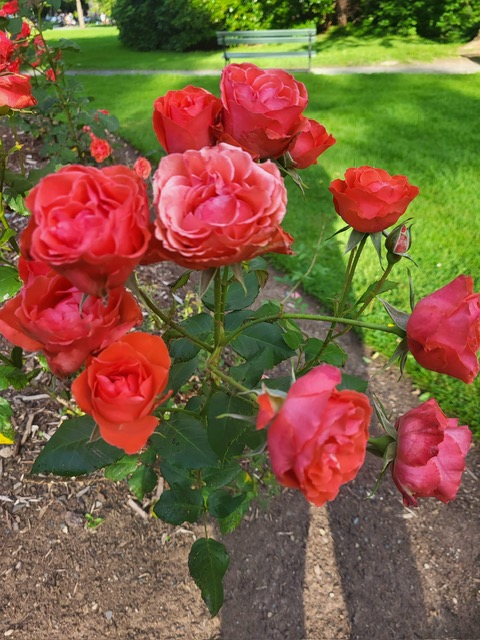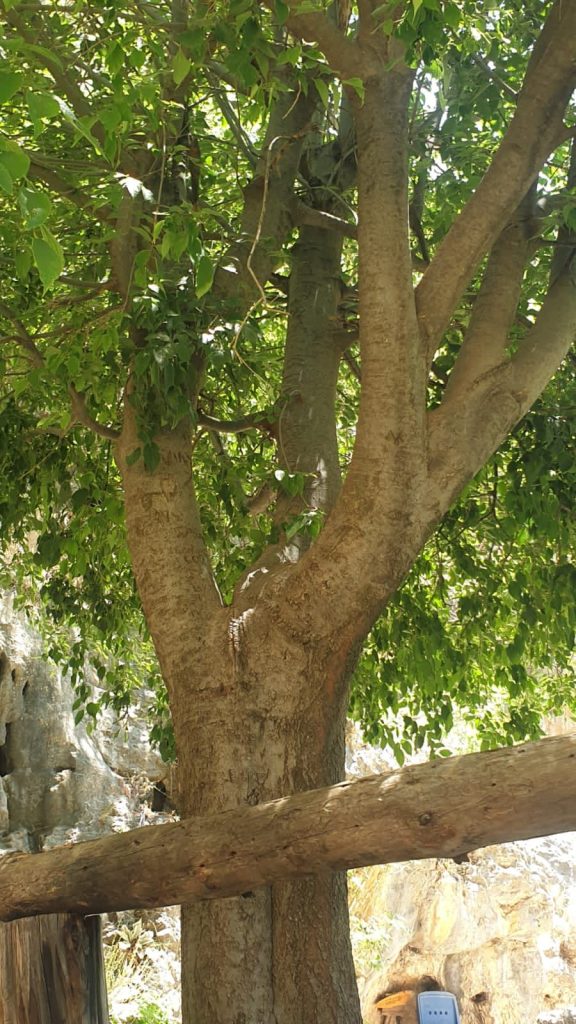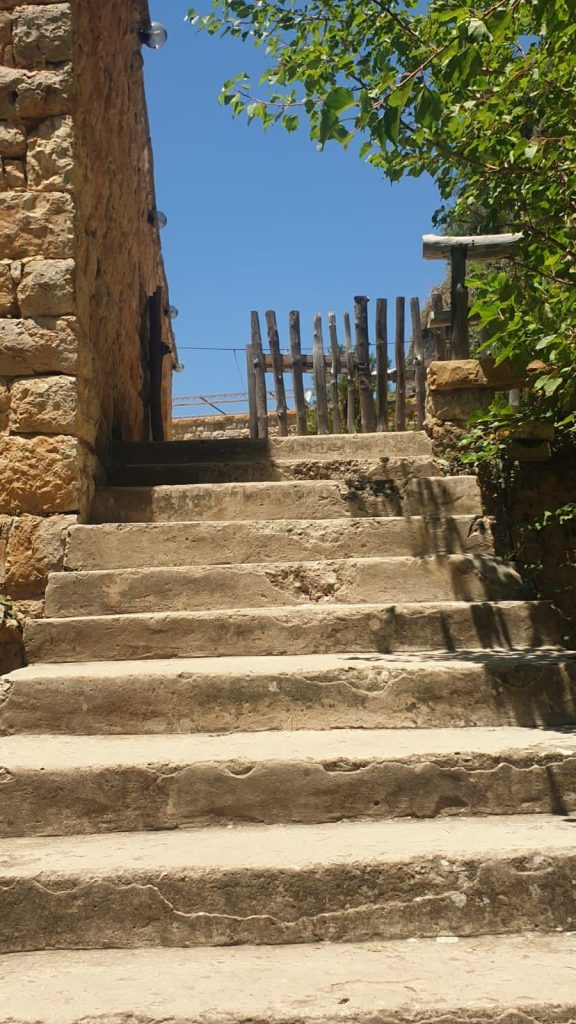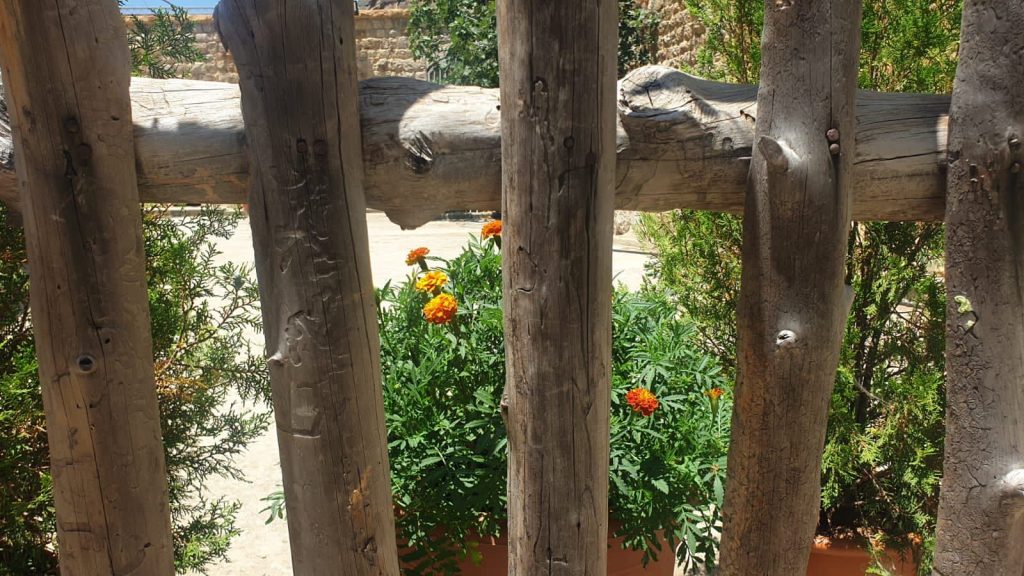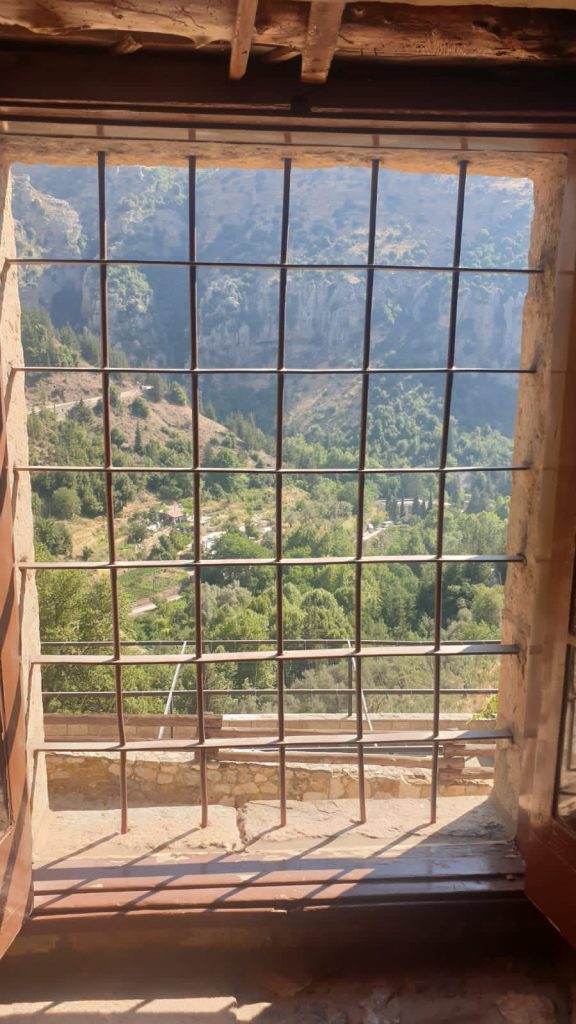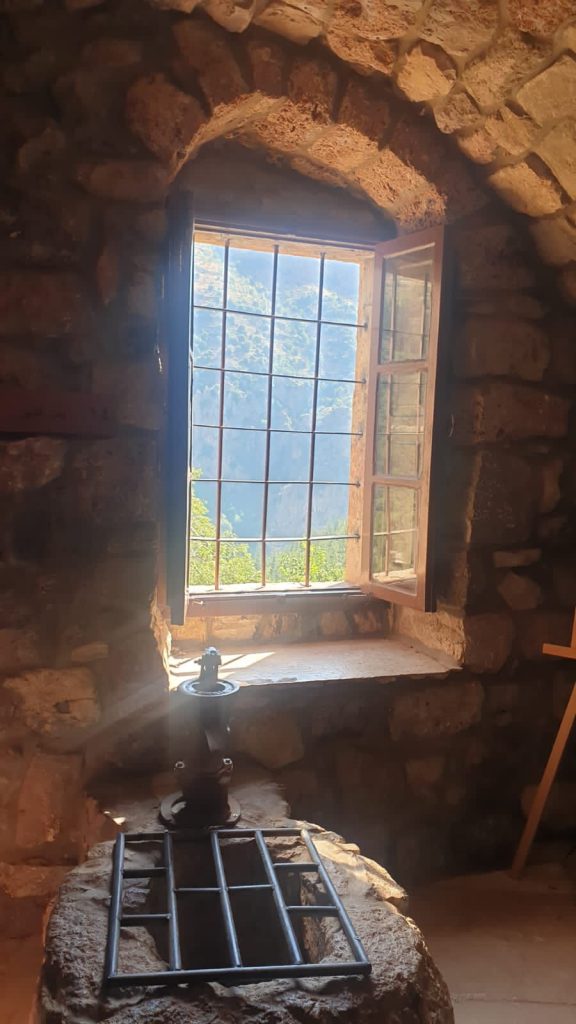
Today, Bambi came across a beautiful song about time. It is performed by Les Enfantastiques [The Fantastikids; Los Fantaschicos; Die Fantastikinder; Xing Ji Shao Nü; as per the official linguistic variants of its name, https://shorturl.at/dgh57).
First, who are those Fantastikids? They are children who are members of choirs that perform songs, in six languages, all composed by Mr. Nô, in creative collaboration with students and their teachers in France’s elementary schools (https://shorturl.at/dgh57).
Second, why does Bambi want to share a song by the Fantastikids with you? To begin with, with or without music, this blog’s readers are daily on her mind. Indeed, you are in her thoughts with each “passing” day, namely when she starts her morning, not knowing in which direction the day’s post will take her. Of note, by “taking her”, she means “taking you with her”. As you know, each daily post stands on its own. The chosen theme depends on what is making Bambi reflect about then. This means the following: Most of the times, the theme may seem like a reaction to an event or a comment to a mainstream media article (where unfortunately readers’ comments are closed). At other times, a theme may be personal, perhaps coming more out of her heart, like on birthdays, in tributes to loved ones, and/or to share a song with you. Of course, regardless of the posts’ focus, the “passage of time” is a central component of Bambi’s adventures while blogging.
Third, it remains possible that the deep yet lovely Fantastikids song attracted Bambi’s attention today because it was “timely”. Yes, she happened to have “taken the time” over the weekend, not only to “enjoy her time”, but also to reflect on it. Indeed, she thought about “the passage of time”, or its flow. Of course, she thought of the days, which usually go by fast. Perhaps this is precisely why she tries to capture, and even archive, them.
Specifically, Bambi thought about the ending month of July. Where did “the time” fly, even if in her mind she made the best out of each of its days, especially her birthday, thanks to her loved ones :)? In addition, the continuing summer season was on her mind. Same for “the fall and winter times”, which need to be planned (due to the nature of her work). Of course, she dreams of beautiful forthcoming familial events. Like anyone else, some of Bambi’s own projects, or dreams, came to an end, naturally yet abruptly. Life has its own ways of reminding us that nothing would happen if it is not meant to be. Thankfully, different amazing projects followed. They have forever enriched her/her spouses’ lives.
Fourth, regardless of our life experiences, perhaps two facts can never be altered: (1). the finality of life. We are all going to die eventually, in one way or another; an (2) even if there is much subjectivity in the “perceived time”, the latter keeps moving forward. Within its movement, there is a “time frame” for everything. As Bambi wrote once on her blog, life will always go on, even upon the death of our loved ones and following our own finality. For Bambi, there is a soothing comfort in “this time”, which keeps its linear progress, unlike us in our own grief journeys. Along with any perceived comfort, perhaps there is also a sense of acceptance. Indeed, the latter may have been well captured in the following part of the song’s lyrics: “we cannot do anything about it no matter what”.
Fifth and last, the “passage of time” changes throughout our lifespan. In other terms, time seems to go faster as we age (https://t.ly/4qe0g). Related to this reality, perhaps Bambi’s preferred lyrics, even if she likes the entire song, is the reference to “the time we have left and which makes us modest” [“Le temps qu’il nous reste et qui nous rend modeste”].
As a conclusion, Bambi hopes you will enjoy the song, with its shared lyrics (English in bold). Regardless of what is going on in your own lives right now, thank you for “your time” while reading this post. May you have “good times”, today and in the week ahead!
LYRICS
(taken from: Musixmatch; the English translated lyrics are in bold)
There is time and then also time
Il y a le temps et puis aussi le temps
The weather and the time that passes
Le temps qu’il fait et le temps qui passe
Whatever the time since the dawn of time
Quelque soit le temps depuis la nuit des temps
Whether it changes or it passes away
Qu’il change ou qu’il passe
We can’t do anything about it no matter what
On n’y peut rien quoi qu’on fasse
The time of seasons and conjugations
Le temps des saisons et des conjugaisons
Childhood time, holiday memories
Le temps de l’enfance, des souvenirs de vacances
The snow time, a little carousel ride
Le temps de la neige, d’un ptit tour de manège
School time, take flight
Le temps de l’école, de prendre son envole
Time for friends, rants, helping hands
Le temps des copains, des coups de gueule, des coups de mains
The time of love, they say it lasts forever
Le temps de l’amour, on dit qu’il dure toujours
The time of life, dreams and desires
Le temps de la vie, des rêves et des envies
When the sun shines, the time it amazes
Quand brille le soleil, le temps qu’il émerveille
There is time and then also time
Il y a le temps et puis aussi le temps
The weather and the time that passes
Le temps qu’il fait et le temps qui passe
Whatever the time since the dawn of time
Quelque soit le temps depuis la nuit des temps
Whether it changes or it passes away
Qu’il change ou qu’il passe
We can’t do anything about it no matter what
On n’y peut rien quoi qu’on fasse
The time of pleasures, sorrows and laughter
Le temps des plaisir, des chagrins et des rires
The time of the secrets of the farewells of the regrets
Le temps des secrets des adieux des regrets
The time of mistakes, doubts and happiness
Le temps des erreurs, des doutes et du bonheur
The time of the pouring and escaping rain
Le temps de la pluie qui coule et qui s’enfuit
The time of the storm, of wars and of courage
Le temps de l’orage, des guerres et du courage
The time of a song, of a revolution
Le temps d’une chanson, d’une révolution
The time of cherries, of glory, of mousse
Le temps des cerises, de la gloire, de la mouise
The time we have left and which makes us modest
Le temps qu’il nous reste et qui nous rend modeste
There is time and then also time
Il y a le temps et puis aussi le temps
The weather and the time that passes
Le temps qu’il fait et le temps qui passe
Whatever the time since the dawn of time
Quelque soit le temps depuis la nuit des temps
Whether it changes or it passes away
Qu’il change ou qu’il passe
We can’t do anything about it no matter what
On n’y peut rien quoi qu’on fasse
There is time and then also time
Il y a le temps et puis aussi le temps
The weather and the time that passes
Le temps qu’il fait et le temps qui passe
The most important thing is to take the time
Le plus important, c’est de prendre le temps
Whether it changes or it passes away
Qu’il change ou qu’il passe
We can’t do anything about it no matter what
On n’y peut rien quoi qu’on fasse
Whether it changes or it passes away
Qu’il change ou qu’il passe
We can’t do anything about it no matter what
On n’y peut rien quoi qu’on fasse
Whether it changes or it passes away
Qu’il change ou qu’il passe
We can’t do anything about it no matter what
On n’y peut rien quoi qu’on fasse
There is time
Il y a le temps
And then also the time
Et puis aussi le temps
There is time
Il y a le temps
And then also the time
Et puis aussi le temps
There is time
Il y a le temps
And then also the time
Et puis aussi le temps
There is time
Il y a le temps”.



